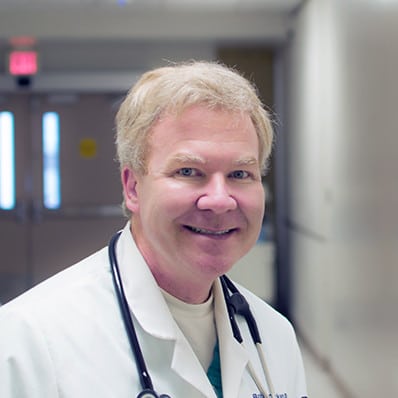Tackling Medical Emergencies: Dr. Robert Corkern’s Advanced Techniques for Critical Care
Tackling Medical Emergencies: Dr. Robert Corkern’s Advanced Techniques for Critical Care
Blog Article

When it comes to healthcare, many individuals usually confuse crisis medication with internal medicine. Equally are important branches of medicine, however they serve completely different tasks in individual care. Dr Robert Corkern Mississippi, a renowned medical expert, explains the main element differences between these two specialties, shedding mild on their unique focuses and how each plays a role in patient health. Understanding the distinction between emergency medication and central medication will help people greater steer their healthcare wants and make knowledgeable decisions.
The Concentration of Disaster Medication
Emergency medicine is made to offer quick, acute care for people experiencing urgent or deadly conditions. Crisis physicians function in hospitals' emergency sections (EDs), where they are the first point of contact for persons encountering severe injuries, strokes, heart problems, or other medical emergencies. Dr. Corkern emphasizes that emergency medication is about stabilization and quick decision-making. Crisis physicians are experienced to deal with a wide variety of medical situations, usually without having reveal medical history of the in-patient, and should produce rapid judgments based on restricted information.
The principal goal of crisis medication is to stop further damage, support the patient, and begin the right interventions. From stress care to handling heart episodes or strokes, emergency physicians are experts in controlling acute signs and providing life-saving treatments in high-pressure environments.
The Role of Internal Medication
In contrast, internal medication centers on detecting and controlling persistent conditions and problems that influence people, such as for instance diabetes, hypertension, and center disease. Central medicine specialists, or internists, work with people over a lengthy time, providing detailed attention and prevention strategies. Dr. Corkern explains that internal medication is generally focused on the whole-body administration of non-emergency medical issues. Internists frequently offer as major care doctors, handling routine check-ups, controlling constant solutions, and managing take care of people with complex, long-term health issues.
While crisis physicians handle quick considerations, internists have a more holistic and long-term way of individual health. They often perform closely with specialists in areas like cardiology, pulmonology, and nephrology to handle persistent problems and make certain that individuals receive matched look after multiple health concerns.
Instruction and Approach to Treatment
Dr. Corkern features the differences in the training required for equally fields. Emergency medicine needs physicians to be ready for a wide spectrum of situations that may require rapid, life-saving interventions. Crisis doctors are trained to manage trauma, important infection, and intense exacerbations of chronic conditions. This instruction requires huge give attention to intense care and advanced life-saving procedures, often in high-stress environments.
On another give, central medicine physicians undergo extensive instruction in the prevention, diagnosis, and therapy of persistent conditions. They concentrate on giving long-term treatment, frequently managing a patient's medical record and coordinating with different specialists. The internist's method is patient-centered, with an emphasis on long-term wellness preservation and illness prevention.
When to Find Emergency Medication or Central Medication
Understanding when to seek disaster medicine versus inner medication may make all the big difference in the pace and type of care an individual receives. If you're experiencing a medical emergency, such as for instance extreme chest pain, trouble breathing, or quick loss in mind, the er is the right spot to go. Nevertheless, for continuous medical issues, chronic disease administration, or overall health maintenance, an inside medicine consultant is usually the best position of contact.
Realization:
Equally emergency medication and inner medication enjoy vital jobs in patient treatment, but their techniques, focus places, and instruction change significantly. Dr Robert Corkern's explanation offers clarity how these specialties purpose and when each is most relevant. By knowledge the distinctions, people can greater steer their healthcare wants and ensure they are seeking the best form of attention at the proper time. Whether facing an emergency or managing a serious problem, both specialists are important in maintaining and improving health.
Report this page